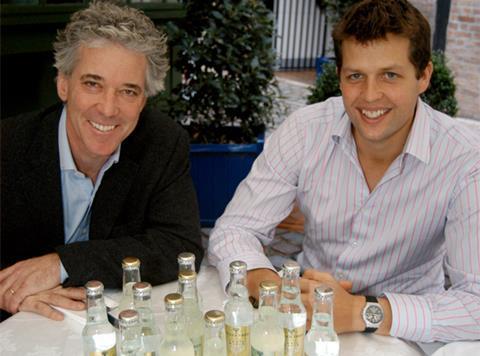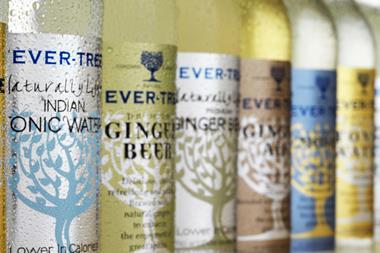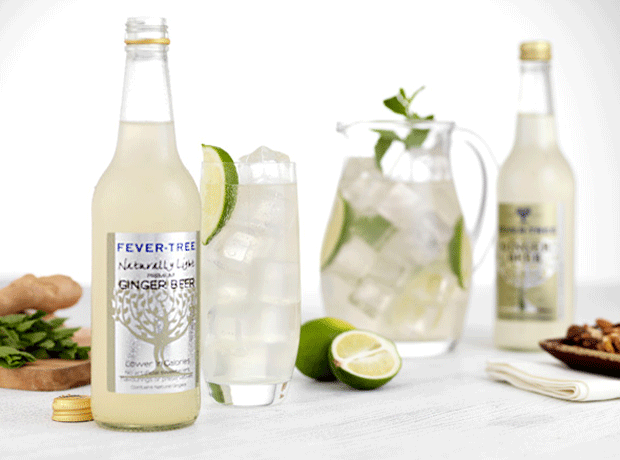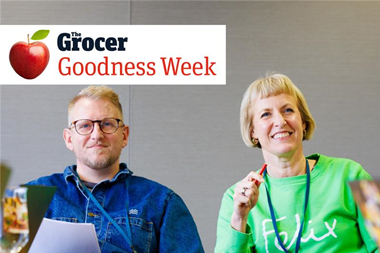
With the rest of the UK’s IPO contenders dropping like flies, Fever-Tree’s success in getting its AIM IPO away yesterday is an impressive illustration of market support for the premium mixer maker.
Fever-Tree co-founder Charles Rolls said offering, which raised £93.3m and values the company at £154.4m, was “very well covered”, adding: “Although the market was on the downturn, there was every bit as much interest in our business as there was when we were talking to investors a few months ago”.
This demand is even more notable when considering only £4m of the proceeds will go to the company itself, with the lion’s share going to its founders and private equity owner LDC.
So how did Fever-Tree find market demand when other IPO contenders – including Aldermore, Virgin Money and British Car Auctions – have been forced to pull or postpone their listings in recent weeks?
There are media suggestions that sole bookrunner Investec compromised somewhat on the price to get the deal away as pre-talk float was of the deal valuing the company at £200m. However, an Investec source rubbished the £200m figure, while an unconnected City source called the £154.4m a “very good deal” for the sellers and “fully priced based on underlying economics”.
It is also fair to say that an AIM listing can be more straightforward to successfully compete than a main market float because of the smaller investor base and the lower regulatory requirements meaning lower float costs.
However, Rolls and Investec both stressed the depth and quality of the “real blue-chip, long-term” investors buying into the float – suggesting the process was far removed from the listing of some smaller more illiquid AIM stocks.
Crucially Fever-Tree taps into two key extremely attractive themes that set it apart from other new listing contenders.
Firstly, it is still in a period of extremely rapid growth, with 2013 annual revenues of £23.3m being 44% higher than revenues in 2012 and almost double 2011’s figures. Those new issues that have had the best market reception so far this year have been growth stories rather than more mature businesses with modest growth but strong cashflows.
Secondly, Fever-Tree taps into one of the key current trends in retail and food & drink, which is the rise of companies with either a premium offering or a value-based business proposition. Rolls explains: “The timing of our launch was just so good because the world was full of saccharine-filled mixers accompanying increasingly premium spirits – there was a fundamental gap that I knew from my gin days that needed to be addressed. As soon as we launched we were grabbed by all the major drinks who continue to be strong supporters of ours.”
The float, though, does not necessarily represent a step-change in the business given the firm already has well established growth plans that do not require new funding to achieve.
“We hope there will be no discernible change in the day-to-day business,” Rolls says. “There is no change in strategy – we’ve got our plan and we know what we’re doing.”
That plan includes expanding the number of countries in which it has scale from three to ten within the next five years. But the priority will remain on deepening and broadening distribution and SKUs within those core markets where western drinking habits are well established.
If the listing is not vital in the funding of these growth plans, why then take the plunge on a risky IPO?
“LDC has been brilliant for us and gave us money when we really needed it,” Rolls explains. “The problem with private equity is they are always going to sell their best assets first and we were facing a situation where LDC would almost certainly have put us into play within 18 months.
“So Tim [Warrillow] and I took the decision to go to LDC to say that we want to go public so we can drive that growth without having to worry about what happens in 18 months’ time.”
The deal has netted the pair around £25m but Rolls is adamant this does not represent a cashing in and moving away from the day-to-day business. “Tim and I have all the contractual lock-ins you’d expect, but this is a great business for us to be running… We’re really excited about staying with this brand to drive that growth,” he says.
The shares begin full trading on Friday. There are currently precious few stocks currently trading above their float price – even the better performers like Poundland and B&M Bargains have come under pressure in recent months.
Ultimately though, whatever the shares do on Friday, just getting away the listing in the first place is a significant enough statement of market support.



















No comments yet